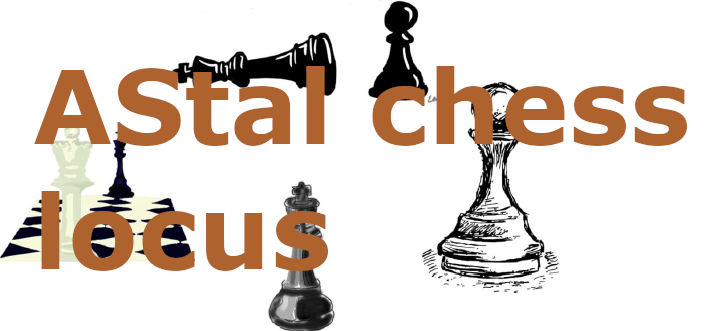Maintaining high concentration levels in a long chess game, especially one lasting 3 hours or more, requires careful preparation and a disciplined approach. Here are some tips to help you stay focused and perform your best:
1. Physical Preparation:
Get a good night’s sleep before the game to ensure you are well-rested.
Eat a balanced meal before the game to provide sustained energy.
Stay hydrated throughout the game by drinking water.
2. Mental Preparation:
Develop a pre-game routine that includes relaxation techniques such as deep breathing or meditation to calm nerves and clear your mind.
Review opening theory and strategies before the game to boost your confidence.
Set specific goals for the game, such as focusing on your time management, avoiding blunders, or playing positionally.
Visualize success and positive outcomes to boost your confidence.
3. Time Management:
Divide your time wisely. Allocate more time for critical positions and complicated middlegame phases.
Avoid getting into time trouble. Consistently monitor your clock and ensure you have enough time for the endgame.
Use your opponent’s time to think about your moves, but avoid excessive analysis of irrelevant variations.
4. Stay Hydrated and Snack Smart:
Keep water and a healthy snack like nuts or fruit nearby to maintain energy levels without causing distractions.
Avoid heavy or sugary snacks that can lead to energy crashes.
5. Stay Focused:
Maintain a clear board in your mind. Continually update your mental image of the board and pieces.
Stay emotionally detached from the game. Don’t dwell on past mistakes or get too confident when things are going well.
Stay aware of your opponent’s plans and potential threats.
6. Physical Comfort:
Ensure you are physically comfortable. Adjust the chair, lighting, and board as needed to prevent discomfort during the game.
Take short breaks between moves if necessary to stretch and refocus.
7. Stay Positive:
Stay positive, regardless of the game’s outcome. A positive mindset can help you maintain concentration and make better decisions.
8. Analytical Focus:
Prioritize moves and variations in your analysis. Avoid getting lost in overly complex or irrelevant lines.
Keep your analysis clear and to the point. Avoid unnecessary complications.
9. Practice and Experience:
Play longer games regularly to build your stamina and concentration over time.
Analyze your games afterward to learn from your mistakes and identify areas where you can improve your focus.
10. Stay in Control:
Manage your emotions effectively. Stay calm, composed, and in control, even in tense situations.
Remember that maintaining high concentration levels in a long chess game is a skill that improves with practice and experience. By implementing these strategies and continuously working on your mental and physical preparedness, you can increase your chances of performing well in extended chess matches.
